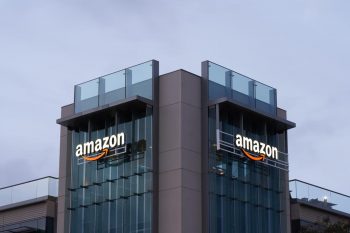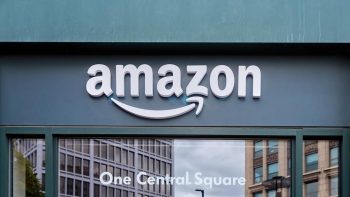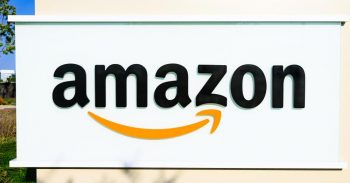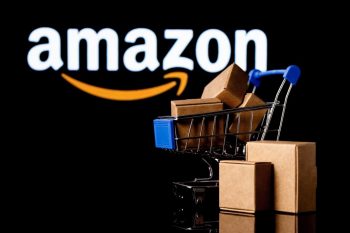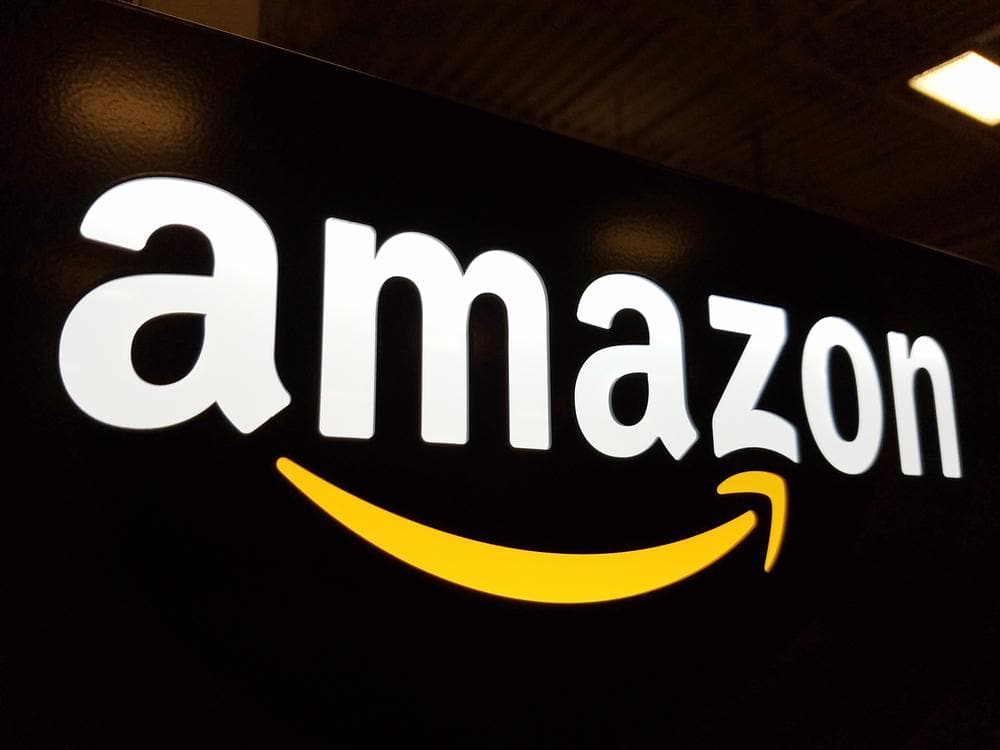
The potential breakup of Amazon, one of the world’s most valuable companies, is a topic that has sparked a lot of speculation and discussion among investors, analysts, and industry observers. The implications of such a move could be far-reaching, affecting everything from the company’s stock price to its competitive standing in the market. In this comprehensive article, we will explore what could happen to Amazon’s stock if the company is broken up, drawing on detailed examples, statistical data, and expert opinions to provide a well-rounded perspective on this complex issue.
The potential breakup of Amazon could have varied impacts on the company’s stock. While it could unlock value in individual business segments, the uncertainty surrounding regulatory actions and potential lawsuits could weigh on the stock in the short term. Historical examples show that the performance of stocks post-breakup depends on various factors, including the specific circumstances of the company and the current market conditions. Therefore, predicting the exact impact on Amazon’s stock in the event of a breakup is not straightforward.
Amazon’s Current Market Standing
As of September 27, 2023, Amazon’s stock (AMZN) was trading at $123.93. The company’s market capitalization stands at a staggering $1.30 trillion, with 10.32 billion shares outstanding. This impressive year-to-date percentage change in the stock price is 49.98%.
The Reasons for a Potential Breakup
The potential reasons for a breakup of Amazon primarily revolve around antitrust concerns and allegations of monopolistic practices. The Federal Trade Commission (FTC) has accused Amazon of anti-competitive actions that have allegedly inflated prices for consumers, harmed third-party sellers, and hindered competition from other e-commerce platforms and retailers. However, the outcome of this lawsuit remains uncertain, with some analysts suggesting that the risk of a breakup might be lower than some investors think.
Possible Breakup Scenarios
If a breakup were to occur, it could take several forms. The FTC lawsuit focuses on key elements of Amazon’s business practices, such as its online marketplace, Amazon Prime, policies affecting third-party merchants, and its logistics and advertising services. However, the actual outcome will depend on the results of the ongoing antitrust lawsuit and any future regulatory actions.
Past Breakups: A Historical Perspective
Historically, the breakup of large corporations has had varied effects on their stock. For instance, General Electric’s shares increased by 42% after its spin-off. A study by Lehman Brothers found that between 2000 and 2005, spin-offs beat the market by an average of 45% during their first two years. However, the performance of stocks post-breakup depends on various factors, including the specific circumstances of the company and the current market conditions.
Potential Impact on Amazon’s Stock and Financial Performance
The potential breakup of Amazon could have mixed impacts on the company’s stock value and financial performance. While it could unlock value in individual business segments, the uncertainty surrounding regulatory actions and potential lawsuits could weigh on the stock in the near term. Some analysts estimate Amazon’s valuation at around $200 a share in a breakup scenario.
Shareholder Value and Future Investment Opportunities
A breakup could unlock value for shareholders, as the individual parts of the company might be worth more separately than as a whole. However, a breakup could also create uncertainty and disruption, which might negatively impact the stock price in the short term. In the event of a breakup, existing shareholders would likely receive their proportion of shares in all the smaller firms resulting from the split.
Future Growth, Innovation, and Competitive Standing
A potential breakup of Amazon could lead to increased focus and efficiency in each of the separated business units. However, it could also result in reduced economies of scale and scope, potentially leading to higher costs and reduced competitiveness.
In conclusion, while a potential breakup of Amazon could lead to some benefits in terms of increased focus and reduced regulatory pressures, it could also result in reduced synergies and increased costs, potentially impacting the company’s future growth, innovation, and competitive standing in the market. As always, investors should stay informed and make decisions based on careful analysis of the potential risks and rewards.
Frequently Asked Questions
What is an antitrust lawsuit?
An antitrust lawsuit is a legal action brought against a company suspected of violating competition laws. These laws are designed to protect consumers and ensure fair competition by prohibiting monopolistic practices, price fixing, and other anti-competitive behaviors.
What is a spin-off in a company breakup context?
In a company breakup context, a spin-off refers to the creation of an independent company through the sale or distribution of new shares of an existing business/division of a parent company. The spun-off companies are expected to be worth more as independent entities than as parts of a larger business.
What is Amazon’s main source of revenue?
Amazon’s main source of revenue is its online marketplace, which contributes the largest share of the company’s total revenues. Other significant sources of revenue include subscription services (such as Amazon Prime), cloud computing services (through AWS), and advertising services.
What does “unlocking value” mean in terms of a company breakup?
“Unlocking value” in terms of a company breakup refers to the potential increase in the overall value of a company’s separate parts compared to its current consolidated value. This can occur when the businesses can operate more effectively or profitably as independent entities.
What are economies of scale and scope?
Economies of scale refer to the cost advantages companies experience when production becomes efficient, typically as the scale of output is increased. Economies of scope refer to the efficiencies gained by producing a variety of products rather than specializing in just one product. Both can contribute to competitive advantages in the marketplace.

